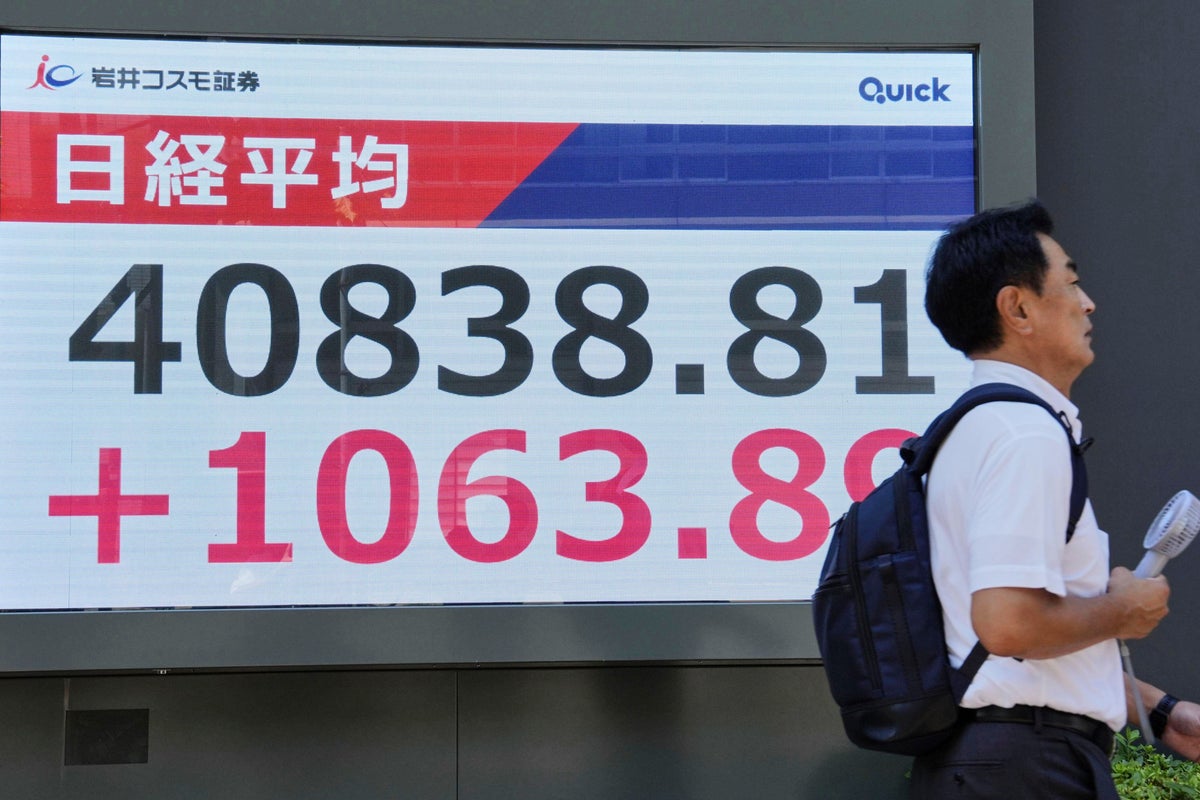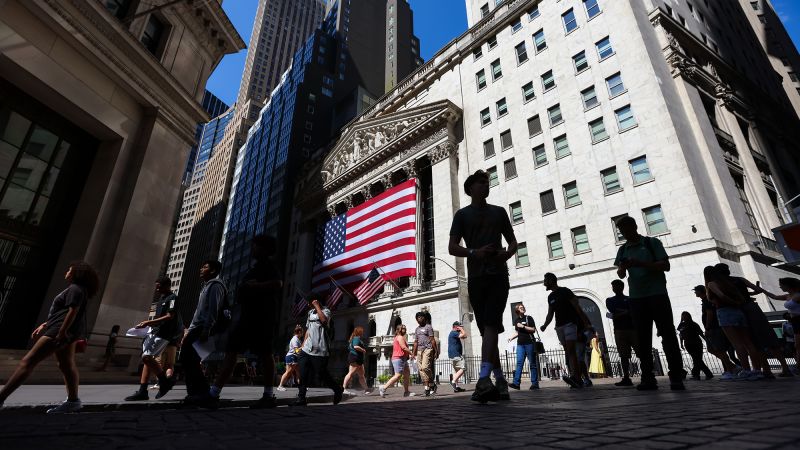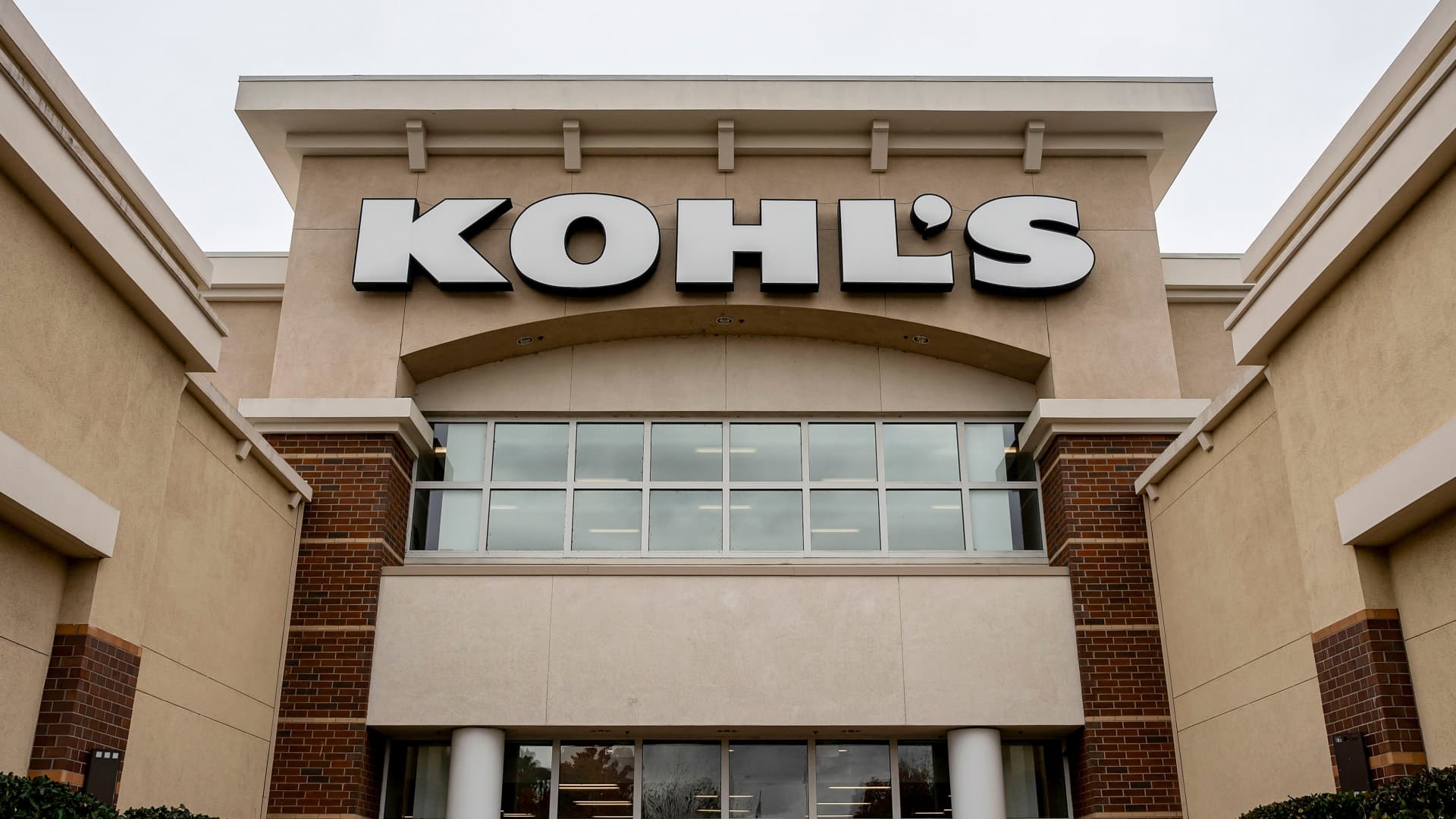Asian shares rallied on Wednesday, with Tokyo’s benchmark Nikkei 225 index up more than 3% after Japan and the U.S. announced a deal on President Donald Trump’s tariffs.
The agreement as announced calls for a 15% import duty on goods imported from Japan, apart from certain products such as steel and aluminum that are subject to much higher tariffs. That’s down from the 25% Trump had said would kick in on Aug. 1 if a deal was not reached.
“This Deal will create Hundreds of Thousands of Jobs — There has never been anything like it,” Trump posted on Truth Social, noting that Japan was also investing “at my direction” $550 billion into the U.S. He said Japan would “open” its economy to American autos and rice.
Hong Kong’s Hang Seng jumped 1.1% to 25,397.81, while the Shanghai Composite index gained 0.8% to 3,608.58.
Australia’s S&P/ASX 200 edged up 0.6% to 8,731.90 and the Kospi in South Korea edged 0.1% higher to 3,172.10.
“President Trump has signed two trade deals this week with the Philippines and Japan which is likely to keep market sentiment propped up despite deals with the likes of the EU and South Korea remaining elusive, for now at least,” Tim Waterer, chief market analyst at Kohle Capital Markets, said in a report.
There was a chorus of no comments from the Japanese automakers, despite the latest announcement, including Toyota Motor Corp., Honda Motor Co and Nissan Motor Corp.
Japanese companies tend to be cautious about their public reactions, and some business officials have privately remarked in off-record comments that they hesitate to say anything because Trump keeps changing his mind.
The Japan Automobile Manufacturers’ Association also said it had no comment, noting there was no official statement yet. Japan’s Prime Minister Shigeru Ishiba welcomed the agreement as beneficial to both sides.
Wall Street inched to another record on Tuesday following some mixed profit reports, as General Motors and other big U.S. companies gave updates on how much Trump’s tariffs are hurting or helping them.
The S&P 500 added 0.1% to the all-time high it had set the day before, closing at 6,309.62. The Dow Jones Industrial Average rose 0.4% to 44,502.44. The Nasdaq composite slipped 0.4% from its own record, to 20,892.68.
General Motors dropped 8.1% despite reporting a stronger profit for the spring than analysts expected. The automaker said it’s still expecting a $4 billion to $5 billion hit to its results in 2025 from higher tariffs and that it hopes to mitigate 30% of that. GM also said it will feel more pain because of tariffs in the current quarter than it did during the spring.
That helped to offset big gains for some homebuilders after they reported stronger profits for the spring than Wall Street had forecast. D.R. Horton rallied 17%, and PulteGroup jumped 11.5%. That was even as both companies said homebuyers are continuing to deal with challenging conditions, including higher mortgage rates and an uncertain economy.
So far, the U.S. economy seems to be powering through the uncertainty created by Trump’s on-and-off tariffs. Many of Trump’s proposed taxes on imports are currently on pause, and the next big deadline is Aug. 1. Talks are underway on possible trade deals with other countries that could lower the stiff proposals before they kick in.
Trump said he reached a trade agreement with the Philippines following a meeting Tuesday at the White House, that will see the U.S. slightly drop its tariff rate for the Philippines without paying import taxes for what it sells there.
In the bond market, Treasury yields sank as traders continue to expect the Federal Reserve to wait until September at the earliest to resume cutting interest rates.
The yield on the 10-year Treasury eased to 4.34% from 4.38% late Monday.
In other dealings early Wednesday, U.S. benchmark crude oil gained 14 cents to $65.45 a barrel. Brent crude, the international standard added 18 cents to $68.77 a barrel.
In currency trading, the U.S. dollar inched up to 146.80 Japanese yen from 146.64 yen. The euro cost $1.1745, down from $1.1754. ___
AP Business Writer Stan Choe contributed.


